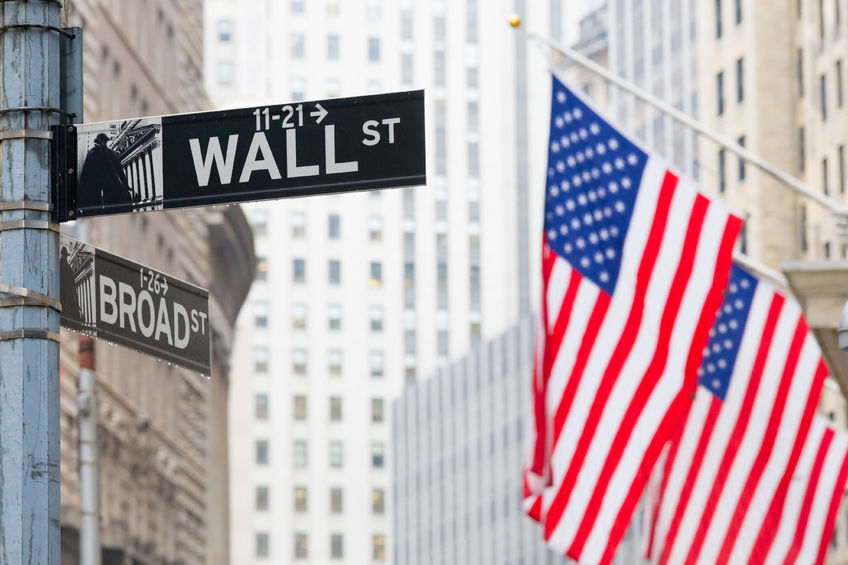
The virus pandemic that has killed over 40,000 people worldwide is also wreaking havoc on corporate profits, with Wall Street forecasting a double-digit decline in the second quarter and no return to growth the rest of the year.
Companies began 2020 hoping to put a year of trade war-induced uncertainty and weak profits behind them. Instead, profit for the S&P 500 is in for an even worse walloping as the pandemic shuts down travel and manufacturing indefinitely.
Analysts who’d predicted a profit recovery this year are now bracing for intense pain. Companies have stopped even trying to forecast their own profits, choosing to abandon their guidance completely as revenue vanishes.
“We’re all trying to figure out not only what the impact of coronavirus will be in the coming quarter, but what does the world look like on the other side of this,” said Sameer Samana, senior global market strategist at Wells Fargo Investment Institute.
Corporate earnings could see the biggest impact from the virus in the second quarter with a decline of 10% or more, the first such double-digit dive in 10 years, according to Sam Stovall, chief investment strategist at CFRA.
By comparison the S&P 500 lost 22.6% in the fourth quarter of 2008 at the peak of the financial crisis.
Airlines and cruise ship operators are expected to be among the hardest hit sectors, and slumping oil prices will hurt energy companies. Meanwhile, industries from restaurants to clothing retailers have seen sales dry up as people are urged to stay home and non-essential businesses shut down.
Forecasts for airlines darkened as the virus spread through February and March. United Airlines initially only pulled its full-year financial forecasts. Then it scrapped its first-quarter target too, calling the disease’s impact on air travel “far worse than even the aftermath of 9-11.”
Plummeting oil prices, which are normally a good thing for airlines, have had little benefit for the industry. Energy companies, meanwhile, are slashing spending to save money as demand nosedives along with commercial activity and travel.
Some retailers are holding up, notably grocery store chains, along with makers of essential consumer goods, like Clorox. Technology companies are also expected to come out of the pandemic relatively well.